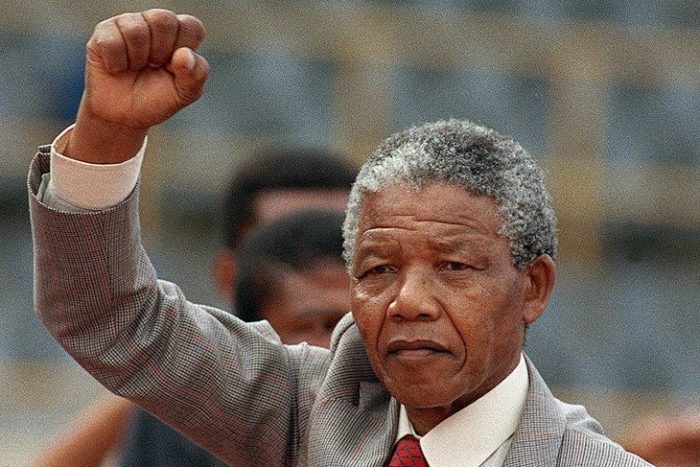There Are No Adults in the Room. You Can Be the Adult. Your Skills Are Needed.
The main places we learn about our environmental problems: scientists, educators, journalists, politicians, and activists. As a result, we look to them for solutions, along with engineers and entrepreneurs. I may be missing a field or two, but hope I got all.
All play important roles, but none of those fields develop skills and experience to change behavior and culture. Culture is key because if we could magically transform all our environmental problems to pre-industrial levels—greenhouse gases, plastic, population, etc—but didn’t change our culture, we’d return to this state and keep going.
I used to get annoyed that people in those fields for not trying to address and act on the actual problem: to lead cultural change. It seemed the scientists felt if they just found out the right information someone else would know what to do, but they wouldn’t have to do anything. It seemed the educators thought if they spread the right information, the journalists thought if they told the right stories, the activists thought if they protested enough, and so on . . . they all felt someone would get their message, wake up from being asleep at the wheel, and act.
I’d get annoyed when they’d propose things that couldn’t work or didn’t make sense. Scientists proposed keeping emissions below a certain amount, but what exactly is the first step there? Activists would say to dismantle capitalism; I’d wonder again: what does someone actually do? Or they’d make a sign saying “There is no planet B.” Clever, or it was the first time, but so what?
Then I realized they didn’t know what to do. They assumed someone else knew what to do and could do it, they just needed to be fed the right information or stories, or pushed in the right way hard enough.
Then I realized: No one is trained in the skills and experiences necessary to solve our environmental problems. No field trains its practitioners what these problems need. Before Mandela or Gandhi, problems existed for a long time. Many factors were at play, but those leaders did things no one else knew to do. If we think, “I’ve delivered the information. I’ve done my part. Now it’s time for someone else to finish the job,” we’ll wait forever. No one is responsible for solving these problems.

President Kennedy was 46 years old during the Cuban Missile Crisis. Despite being younger than me now, he had to negotiate with Khrushchev with the fate of hundreds of millions of people depending on a hair trigger. He may have wanted someone with more experience to take the problem off his hands, but if he lacked experience, there were no adults in the room. Just him.
That no one is right to take responsibility for these problems, however grave, is the downside. The upside is that all of us can contribute. More: anyone can take responsibility. Anyone can be the Mandela of the environment. Kennedy could have folded, but he didn’t.
So far, I’m the only one I know of doing, it but you can too. I never ran for office before, even in school. If you did, maybe you can do better. Gandhi didn’t have superhuman anything. He just did what needed to be done and persisted until he succeeded. Anyone can try and keep trying until something works. It’s what I’m doing.
At this rate, with so few people acting with integrity, determination, persistence, character, and other skills a leader needs to change culture, I’ll probably end up giving our time’s I Have a Dream speech.
Whatever you do, your skills can help. Sustainability would benefit from your devoting yourself to it. There are no other adults in the room.
Read my weekly newsletter

On initiative, leadership, the environment, and burpees